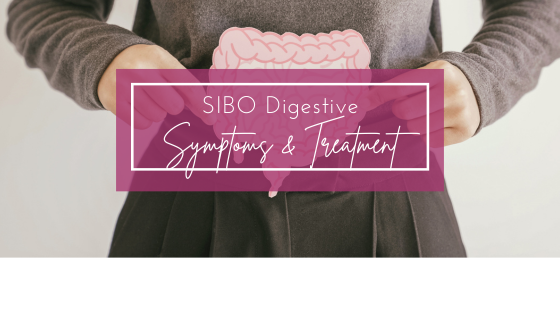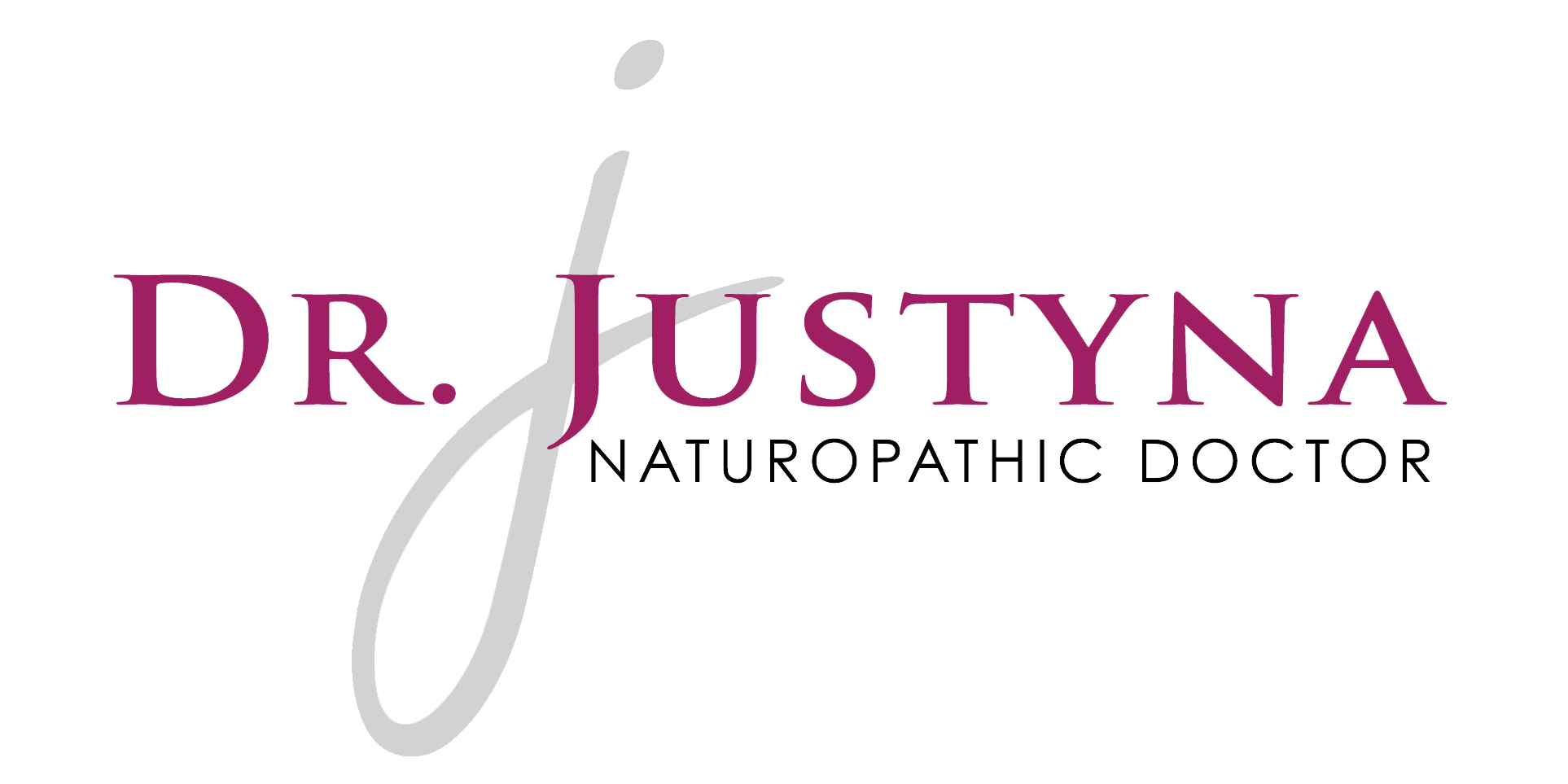
..
Could Your Gut Be Hiding Something?
There might be more happening in your gut than you realize, and it could be in a place you wouldn’t normally consider.
While many are aware of the importance of a healthy large intestine filled with beneficial bacteria (hello, probiotics!), the small intestine tends to get overlooked. Yet, it plays a crucial role in digestion and nutrient absorption before passing waste along to the large intestine for elimination.
If the balance of microorganisms in this vital section of the digestive system gets disrupted, it can quickly lead to significant problems.
..
Understanding SIBO and Its Symptoms
SIBO, or Small Intestinal Bacterial Overgrowth, occurs when bacteria or other microorganisms multiply excessively in the small intestine—a region that typically has fewer bacteria compared to the large intestine. When these microorganisms establish themselves in the small intestine (a process known as colonization), they can damage the cells lining the gut, a condition often referred to as “leaky gut” or increased intestinal permeability.
This disruption can hinder the digestive process and nutrient absorption, leading to deficiencies and allowing toxins, pathogens, and undigested food particles to enter the bloodstream. The result? Inflammation, food sensitivities, autoimmune issues, and other immune-related reactions.
..
Common SIBO Symptoms
Symptoms often linked to SIBO include:
- Nutrient absorption issues and malnutrition (e.g., low iron)
- Weight loss (or sometimes weight gain)
- Nausea or vomiting
- Abdominal bloating or distension
- Stomach pain or discomfort
- Acid reflux or heartburn (GERD)
- Excessive gas or burping
- Constipation and/or diarrhea
- Systemic symptoms such as headaches, fatigue, and muscle or joint pain
- Persistent tiredness
- Skin problems, including rashes, acne, eczema, and rosacea
..
Nutrient Absorption Concerns
One major concern with SIBO is that it disrupts the absorption of essential nutrients, proteins, carbs, and fats, leading to deficiencies in iron, vitamin B12, calcium, and fat-soluble vitamins A, D, E, and K.
..
What Can Lead to SIBO?
Several factors may contribute to its development, such as:
- Chronic pancreatitis
- Bowel injuries or obstructions
- Recent abdominal surgeries
- Poor digestive function (low stomach acid, sluggish gallbladder, or low enzyme production)
- IBS, which alters gut motility and causes bacteria to linger
- Dysfunction of the ileocecal valve
- Problems with the migrating motor complex (MMC)
- Conditions like Crohn’s disease, diverticulosis, colitis, and diabetes
- Excessive alcohol consumption
- Difficulty absorbing fructose
.
Celiac disease is also linked to a higher risk of SIBO, as it affects gut motility and small intestine function. Additionally, Irritable Bowel Syndrome (IBS) is often associated with SIBO, with studies indicating that more than half of IBS cases also involve SIBO. In fact, resolving the bacterial overgrowth can often alleviate IBS symptoms.
Other factors thought to play a role include certain medications (like immunosuppressants and acid reflux treatments), heavy metal exposure, low stomach acid, inflammatory diets, and yes, stress.
..
.How Is SIBO Diagnosed?
A breath test is commonly used to diagnose SIBO. This involves drinking a sugar-based solution, and measuring exhaled gases (hydrogen, methane, or both) to assess bacterial levels. Although this test isn’t perfect, it remains one of the few diagnostic tools available.
..
Treatment Approaches
Most holistic practitioners recommend following a strict “SIBO diet” for at least two weeks to 30 days. This may involve:
- Using herbal antimicrobials, such as oregano oil, tailored to the individual’s case
- Adopting a low-FODMAP, GAPS, and/or AIP diet, which often means avoiding foods like garlic and onions
- Managing stress and activating the parasympathetic nervous system, as it plays a role in gut healing
- Rebalancing gut bacteria afterward with probiotics, prebiotics, and gut-healing supplements
For severe or persistent cases, prescription antibiotics may be required to control the overgrowth.
..
Where to Begin?
1. Discover Naturopathic Solutions for SIBO
Naturopathic medicine offers a holistic approach to managing SIBO by addressing the root causes and supporting the body’s natural healing processes. Our customized treatment plans may include herbal remedies, nutritional support, and lifestyle changes tailored to your specific needs. Don’t let SIBO disrupt your health any longer—schedule a consultation today to start your journey toward optimal gut health.
Book Your Naturopathic Appointment Now
..
2. Experience the Healing Benefits of Acupuncture
Acupuncture can play a significant role in improving gut health and alleviating symptoms of SIBO. By stimulating specific points on the body, acupuncture helps to enhance digestion, reduce inflammation, reduce stress, and restore balance to the digestive system. Our individualized acupuncture treatments are designed to address your unique symptoms and promote overall well-being.
Schedule Your Acupuncture Session
..
3. Transform Your Health with Holistic Nutrition and Personalized Meal Planning
Our holistic nutrition approach focuses on supporting your digestive system and restoring nutrient balance through customized meal plans and dietary guidance. We create personalized nutrition plans that work with your body’s needs, targeting the underlying factors that contribute to SIBO. Let us help you nourish your body and heal from the inside out.
